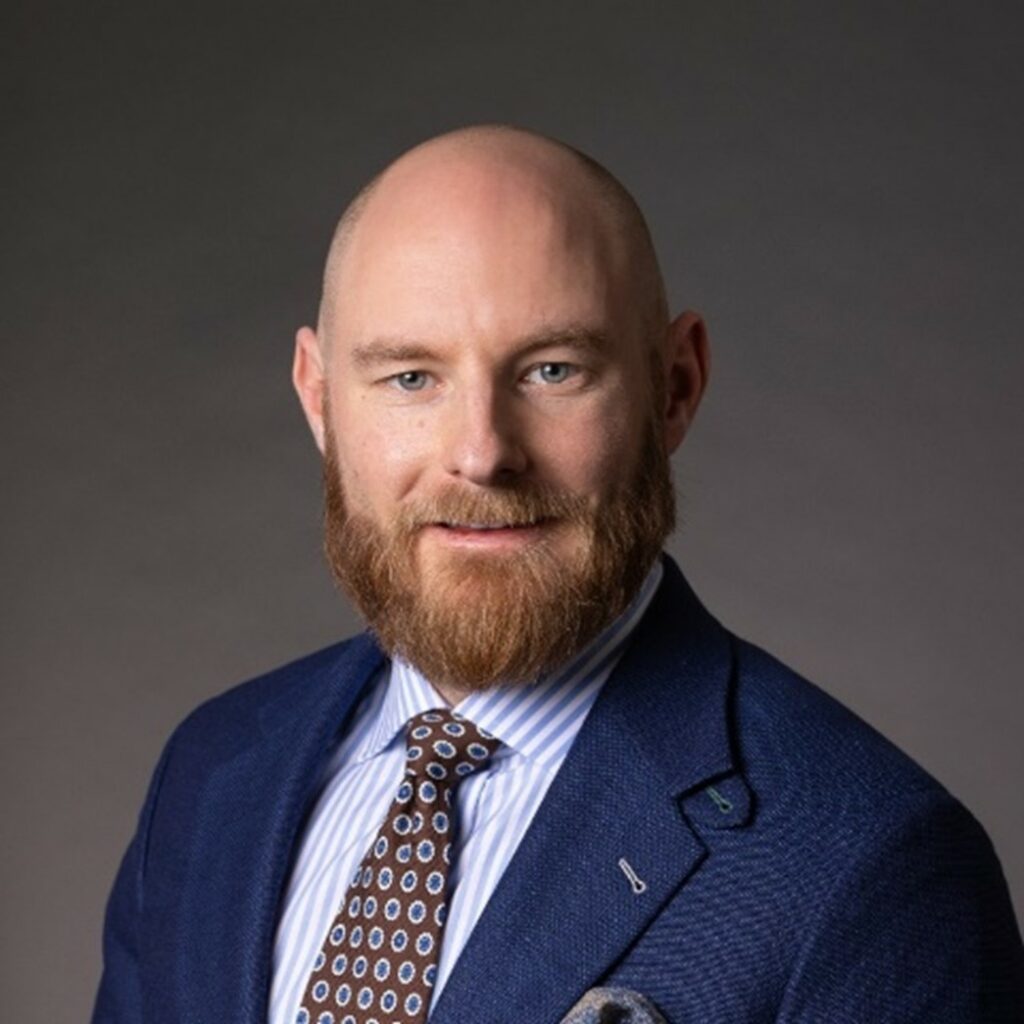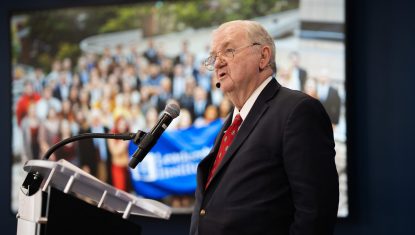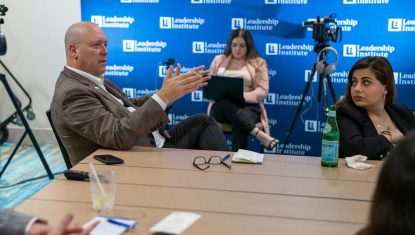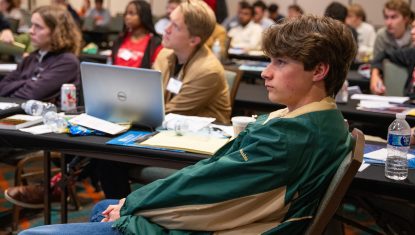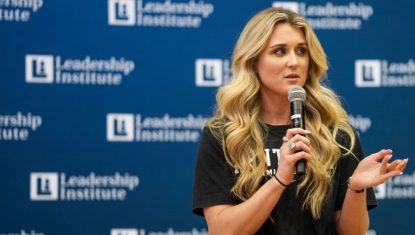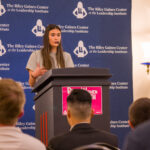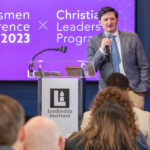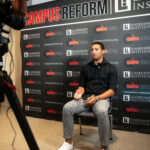Meet Robert Ordway, a successful conservative public policy advisor for Senator Mike Braun of Indiana. In our recent interview, Robert and I discussed his experience, how he ended up working on the Hill, and some tips on what to expect once you’re there.
Can you tell me a little about yourself and your background?
I grew up in the small mill-town of Lake Station, Indiana, a bedroom community to the more historically famous Gary which is located in the Chicagoland area. I was in the Delayed Entry Program (DEP) with the U.S. Navy when the war in Iraq started in Spring 2003. But after I received from the Eli Lilly Endowment a four-year scholarship to any university in the state, I ended up completing a BSBA in Finance at Valparaiso University.
You have been working with Senator Mike Braun for some time now. How did you initially get involved, and what does your position involve?
I had no intention of ever working in Congress after moving to DC in 2017. But like most things in this city, you can’t plan out your career, and you never know what opportunities might present themselves. After Mike Braun’s election to the U.S. Senate in 2018, I knew his senior staff were pursuing people from the home state along with people who shared his principles and values.
My title is Senior Policy Advisor, but that just means I’ve been around too long. My portfolio includes ‘all things numbers’ such as issues within the Budget, Finance, Appropriations, and Banking Committees. I also perform all the coalition work for the office, which is what I enjoy most.
Why did you decide to get involved in conservative politics?
I really fell into it. Graduating in December 2007, my finance degree went from being prized to near worthless overnight. During school, I studied risk and randomness in nature as a philosophical pursuit/hobby, which later led me to research the housing crisis.
After my gap year, I enrolled in grad school, joined a local political party, and the rest is history. Whether it’s Jesus’ testimony by changing hearts and minds or observing our entire galaxy, I see culture and evolution as a ‘bottom-up’ exercise which is driven by hyper localized decision-making. My politics and religion both are channeled through that framework.
What is one challenge you have faced during your time in politics, and how did you overcome it?
I ran for local office in 2015 and despite the job paying merely $6,000 a year, it was amazing to see how many people (on the internet) came out of the woodwork to say false and ridiculous things about me.
The teaching moment was acknowledging that not everyone will like me and other than getting a majority of votes, that’s not the point of the exercise. Being principled means you’re going to ruffle some feathers from time to time, but that is the cost of leadership. Without taking risks, it’s hard to move the ball forward in any aspect of life.
How has the Leadership Institute (LI) helped you during your time in public service?
LI was one of the first organizations I interacted with after attending an America’s Future event at The Heritage Foundation.
A few of the classes I took at LI helped prepare me to retool the way I write for my current role. One thing I love about the organization is the diversity of options for training – it feels like there’s a class or seminar for everything under the sun.
Do you have any advice for others who want to get involved in local politics or a movement that matters to them?
I think there are many ways to serve your community and politics/public service is just one avenue. To me, it’s always about building a team and uniting people around a common goal with the pursuit of moving your community forward.
Remember that there is no ‘self-made’ person. We all have mentors who have helped us along the way, and we have a duty to pay it forward by developing others. That’s exactly what LI has done over the past few decades.
